 image: by Elena Mozhvili on Unsplash
image: by Elena Mozhvili on Unsplash It would be very easy to echo those words; to feel that this is the ‘wrong’ time to rejoice in the birth of any child; the wrong time to rejoice at all. The world is burning and flooding; wars are raging and children are dying; famine is rampant and the political landscape as many of us have understood it for decades seems to be crumbling. The aftermath of the pandemic – and the threat of future pandemics – has left many people feeling tetchy, unsettled, grumpy and reluctant to trust. The message of the angel ‘do not be afraid’ seems to have a hollow ring – yet never has it been more important. ‘this is no time for a child to be born’ – yet it is the only time to be born and ‘Love still takes the risk of birth’ in spite of all our imperfection....

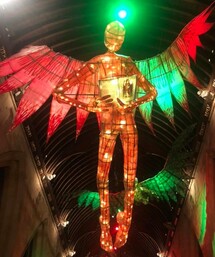

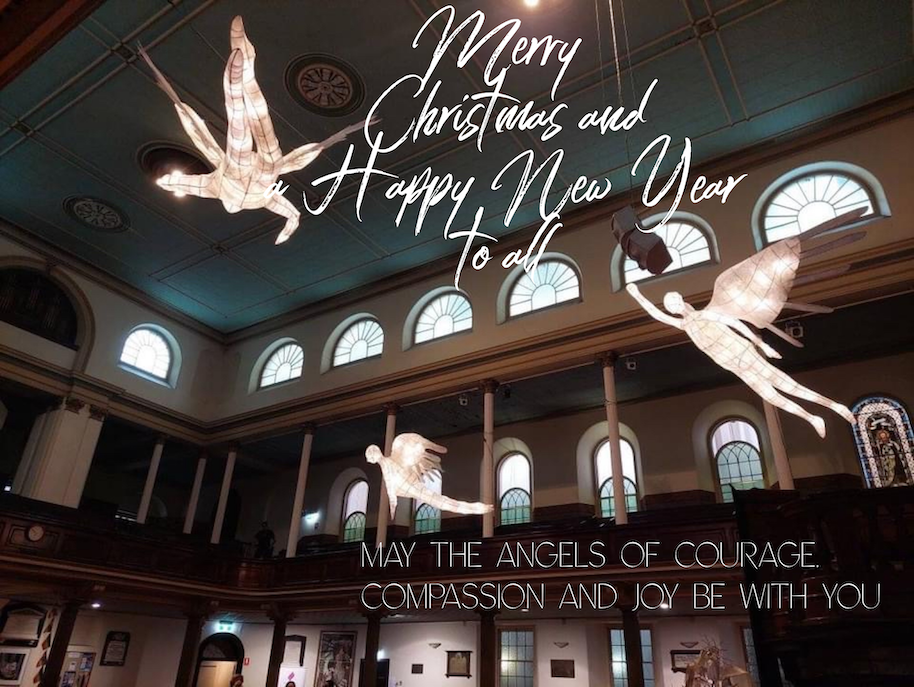
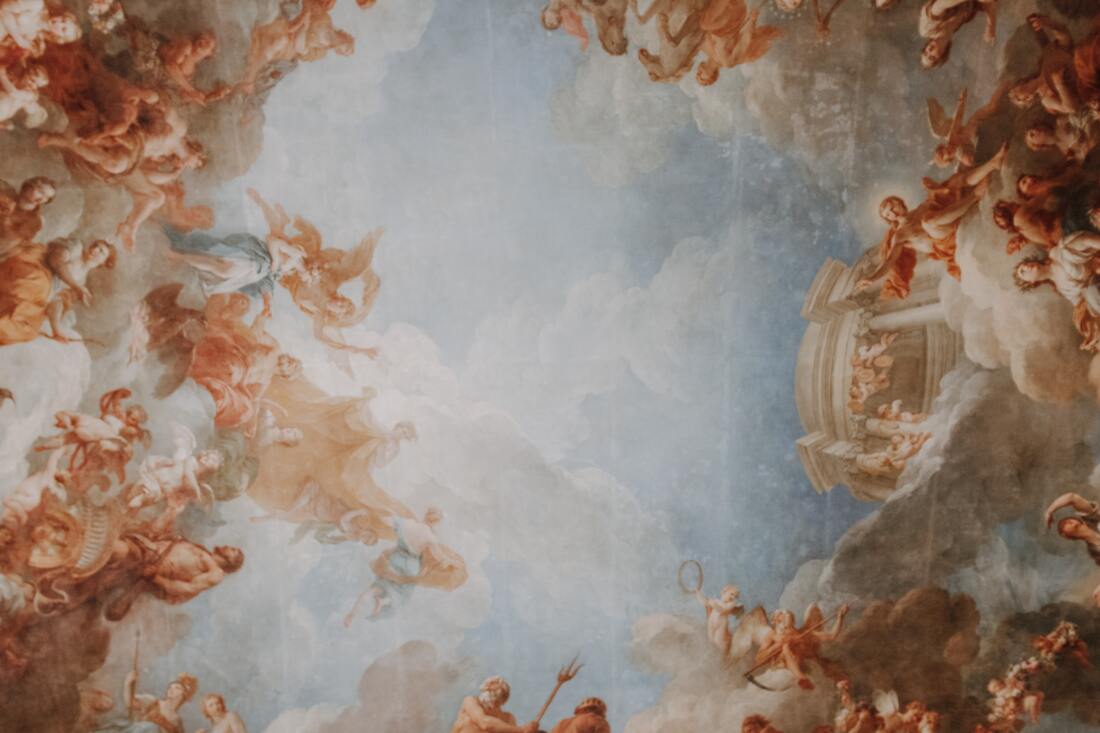
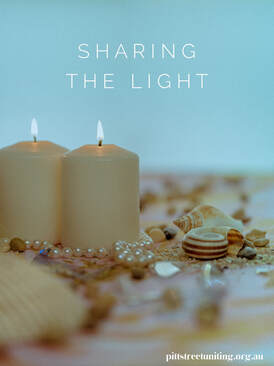

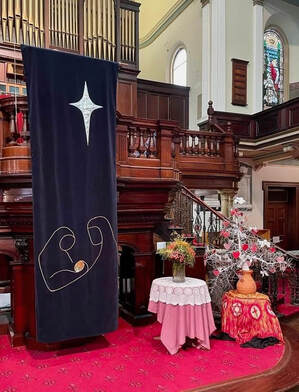
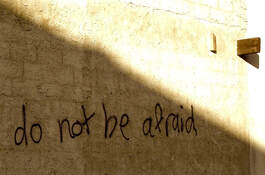
 RSS Feed
RSS Feed